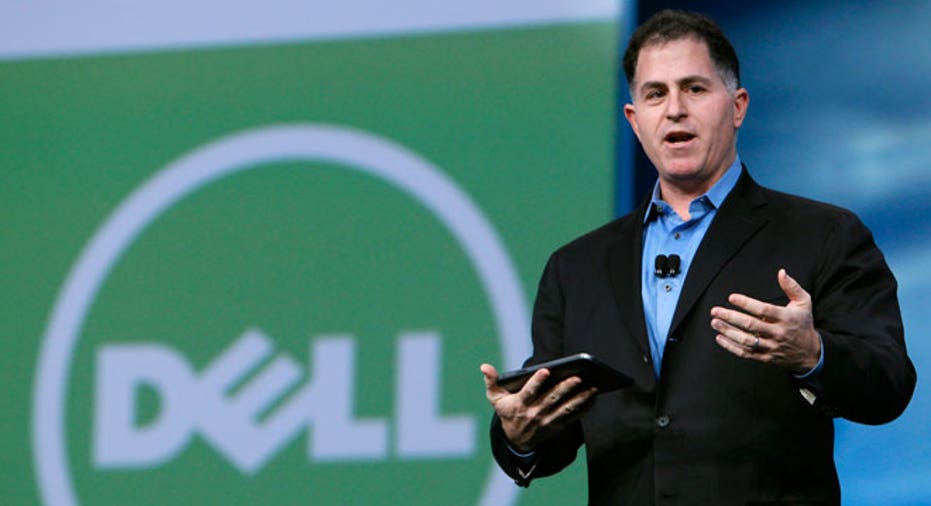Why Founding CEOs Pick Lousy Successors

When Mark Pincus turned Zynga’s reins over to Microsoft (NASDAQ:MSFT) and Electronic Arts veteran Don Mattrick, it was as if he’d brought a gaming God down from the mountaintop to the land of mere mortals. Wall Street ate it up, driving the stock up 15% on the news.
Less than two years later, Mattrick is out and Pincus is back.
This is becoming a regular thing, especially in tech circles. I’m not talking about founders returning to save their companies; I’m talking about founders coming back to save their companies after their hand-picked successors crash and burn.
By focusing on the drama of the returning founder everyone is missing what can only be described as a remarkably common problem. Just look at the laundry list of founders who chose lousy heir apparents, and tell me you’re not seeing what I’m seeing:
Thorsten Heins didn’t even last two years after BlackBerry’s hapless co-founders Jim Balsillie and Mike Lazaridis named their Kool-Aid drinking disciple to succeed them. Clearly the little-known insider was a terrible choice.
The same was true of Scott McNealy’s pick of Jonathan Schwartz to replace him. McNealy’s whiz kid ran Sun into the ground with no fewer than eight distinct restructuring plans. Death by a thousand cuts is no way for a company to go down.
Michael Dell was forced to return to Dell after his former COO, Kevin Rollins, crashed and burned.
While I personally believe Steve Ballmer was heavily underrated as Microsoft’s second chief executive, I’m clearly in the extreme minority on that call, so I’ll throw him into the mix, albeit under protest.
Perhaps Orin C. Smith was not a spectacularly bad choice to succeed founder Howard Schultz as CEO of Starbucks (NASDAQ:SBUX), but Smith’s successor, Jim Donald, absolutely was. The coffee giant had definitely over-expanded and needed a turnaround when Schultz returned in 2008.
Steve Jobs lured Pepsi executive John Sculley to Apple with his now famous line, “Do you want to sell sugar water for the rest of your life, or do you want to come with me and change the world?” We all know how that turned out.
I can go on but I’m sure you get the point. This sort of thing happens all the time. Obviously I don’t mean that literally. Intel’s choice of Craig Barrett to succeed Andy Grove was easily the right one, but then Intel has always been run by pros that take corporate governance and succession planning seriously.
Likewise, Steve Jobs groomed Tim Cook to take over for him and that certainly appears to have been a good move.
I’m sure there are plenty of other counterexamples, but there’s no denying how frequently the phenomenon occurs. Clearly there’s a problem here, but what exactly is the cause and is it preventable?
Let’s not mince words. When a company has a powerful founder, there’s a good chance corporate governance is nothing but a sham. With the possible exception of Starbucks, in every example given I believe the founder made more or less a unilateral choice. In any case, who do you think chose the directors that ratified those successions?
Maybe it’s not always the case, but in every company I’ve been associated with, if the founder is still around he’s usually the defacto driver of the “Who’s next?” bus. And it’s not uncommon for founders to have majority voting rights that legitimize the practice. That’s the case with Pincus.
While I wouldn’t presume to generalize, a significant percentage of founding CEOs I’ve known have been prone to a couple of blind spots: magical thinking and putting individuals on pedestals once they’ve blessed them as trustworthy. Both conditions are born of oversized egos and neither bodes well for choosing successors.
To be fair, boards are far from perfect. After all, recruiting CEOs is not a science by any stretch. Still, boards that are known for making one poor CEO choice after another – Yahoo (NASDAQ:YHOO) and HP come to mind – are evidently dysfunctional. You just don’t see that sort of thing every day.
Call me Pollyanna but I can only conclude that, with rare exception, there is but one right way and a boatload of wrong ways to do CEO succession planning. And since that’s the primary function of any board, it goes straight to the heart of governance in corporate America.
It really comes down to one word: Cronyism. Cronyism is never a good thing. Never. I don’t care how powerful a founder is, if an independent board of directors is not empowered to choose the guy’s successor as opposed to simply putting a rubber stamp on the chosen one’s forehead, then what’s the point of having a board in the first place?



















